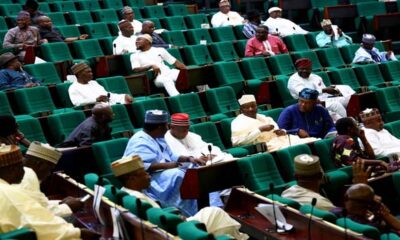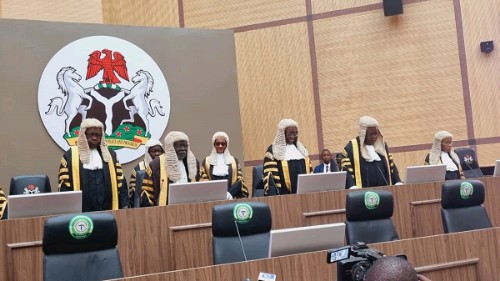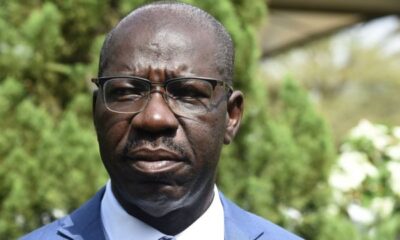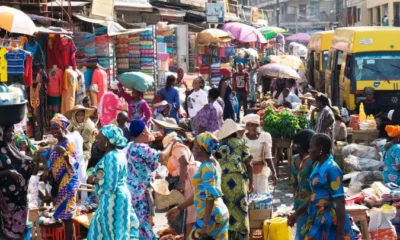BIG STORY
BREAKING: Supreme Court Orders Federal Government To Pay Allocations Directly To LGAs
-

 BIG STORY3 days ago
BIG STORY3 days agoNational Assembly Passes Life Imprisonment Bill For Nigerian Drug Traffickers
-

 BIG STORY1 day ago
BIG STORY1 day agoDiscos May Move Three Million Subscribers To Estimated Billing Over Failure To Upgrade Prepaid Meters
-

 BIG STORY4 days ago
BIG STORY4 days agoFG Pushes For Simon Ekpa’s Extradition As IPOB Disowns Biafra Agitator
-

 BIG STORY5 days ago
BIG STORY5 days agoJUST IN: Reps Reject Bill Seeking Single Six-Year Term, Zonal Rotation For President, Governors
-

 BIG STORY3 days ago
BIG STORY3 days agoUPDATE: We’re Ready To Provide Evidence For Trial Of Simon Ekpa — Enugu Government
-

 BIG STORY1 day ago
BIG STORY1 day agoDonors Supporting Simon Ekpa Guilty Of Terrorism — Lawyers
-

 BIG STORY1 day ago
BIG STORY1 day agoBritish Court Orders David Hundeyin To Pay N200million As Damages To BBC Journalist For Libel
-

 BIG STORY3 days ago
BIG STORY3 days agoMuch Ado About Meddlesome Minions, And Messengers Of Misinformation — By Tayo Williams



























